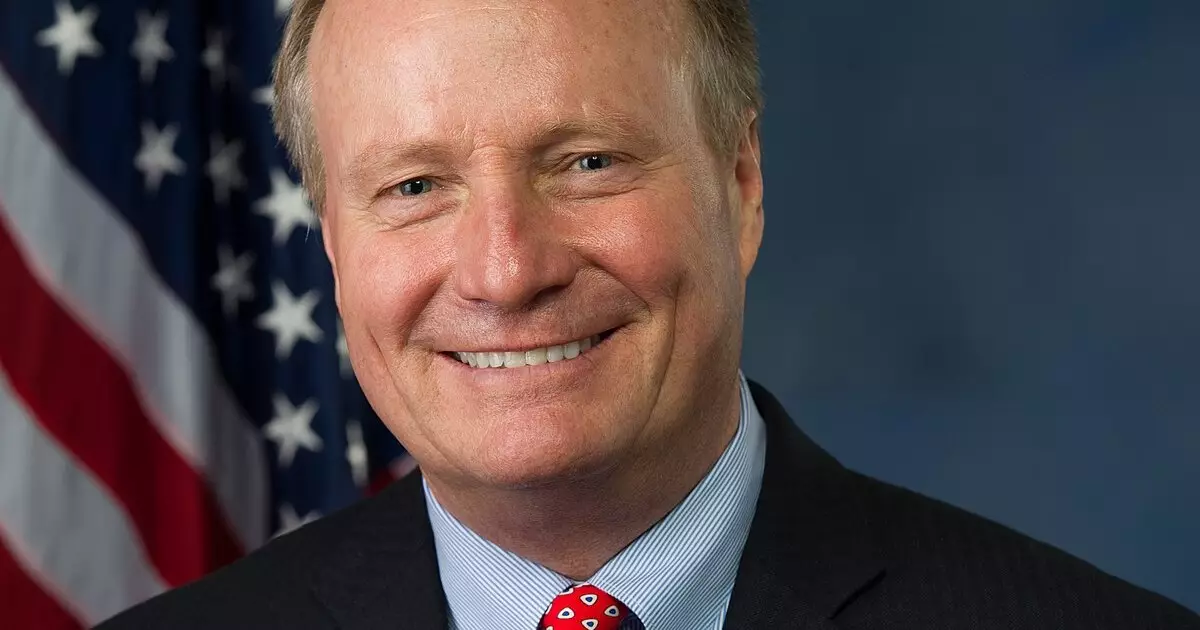In light of escalating security concerns, Washington D.C. has made an urgent appeal to Congress for an increased budget allocation, seeking $932 million for the fiscal year 2025. This request exceeds last year’s budget by $142 million and is largely motivated by preparations for the upcoming Presidential Inauguration. Congressman Dave Joyce, representing Ohio, emphasized the critical nature of this request during the House Appropriations Financial Services and General Government Subcommittee hearing, highlighting that $47 million of this increase is aimed specifically at enhancing emergency preparedness. This emphasis on security needs raises questions about the city’s readiness to handle significant public events, particularly given its recent history of tumultuous political activity.
Despite the pressing budgetary requests, Mayor Muriel Bowser defended the city’s proposed financial plan by asserting Washington’s robust financial standing. Bowser pointed to a record of 29 consecutive balanced budgets and a coveted triple-A bond rating as indicators of fiscal health. Such declarations aim to instill confidence among both Congress and residents regarding the city’s capacity to manage financial complexities while adhering to operational demands, particularly in the face of national political events. Nonetheless, the juxtaposition between a healthy fiscal outlook and the urgent need for security funding suggests underlying vulnerabilities. Can a well-rated financial profile truly mitigate the potential risks associated with large-scale public gatherings, especially in a politically charged environment?
Further complicating matters is the economic impact of the COVID-19 pandemic, which has significantly altered commuting and office dynamics in the nation’s capital. Washington D.C. has seen a marked decrease in downtown activity due to the rise of remote work, with up to 250,000 fewer commuters on any given day. This tragic decline in working populations not only affects local businesses, but it also complicates the city’s financial model. CFO Glen Lee voiced his concerns regarding economic headwinds stemming directly from these shifting work patterns. As public transit ridership dwindles and office utilization hovers at a mere 50% of pre-pandemic levels, the city faces long-term financial challenges that could persist even beyond the current budgetary discussions.
The relationship between the District of Columbia and Congress is intricate and fraught with complications. While it is recognized that the federal government plays a key role in funding local activities, the connection also brings about legislative hurdles. Council Chairman Phil Mendelson pointed out that federal operational dysfunction—such as delays in adopting appropriations and threats of government shutdowns—impacts borrowing costs and overall financial stability. The cyclical nature of governmental constraints and local operational needs further deepens the city’s financial conundrum. How can Washington D.C. navigate these complexities while simultaneously ensuring that its budgetary requests do not become mired in the political agendas of distant lawmakers?
The Question of Autonomy
The budget request process also raises important chords of debate surrounding autonomy. Members of Congress have a history of imposing restrictions on local governance through budget strings, encapsulating complex social issues such as cannabis regulation and gun laws. Representative Steny Hoyer ardently defended the residents’ ability to govern themselves, advocating against Congressional overreach. This enduring struggle for local autonomy reflects the broader conversation regarding governance and representation, especially in a city molded by unique political dynamics. The implications of these budget discussions stretch beyond finances into the realm of civil rights and representation, emphasizing the need for a nuanced understanding of D.C.’s role within the federal framework.
As Washington D.C. appeals for increased funding, it is paramount for its leaders to convey not only a narrative of financial health but also a vivid account of the city’s pressing operational challenges. Balancing the need for security, managing economic fallout from remote work, and asserting the city’s autonomy in federal relations suggests a complex landscape that will require strategic navigation. The outcomes of these budgetary discussions could set significant precedents for both the governance of Washington D.C. and its relationship with Congress, effectively allowing the city to redefine its identity in the national political arena. Ultimately, how these issues are addressed will determine D.C.’s readiness for future events and its long-term economic viability.

